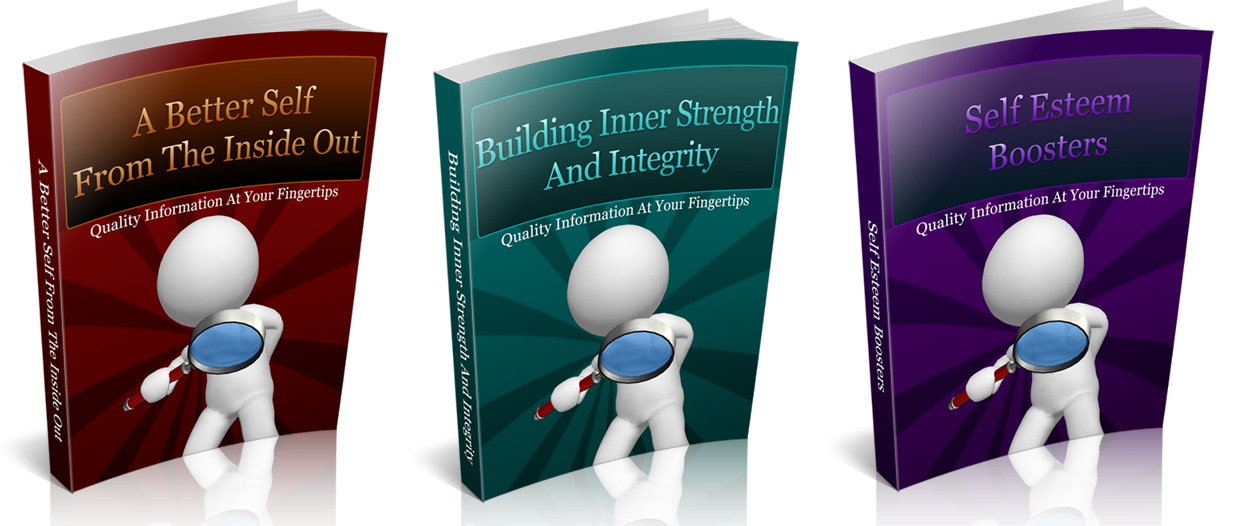Turn to Others When You Begin to Slow Down

In this article, I’m going to walk you through a technique that is normally a negative practice. Generally speaking, it’s a bad idea to compare yourself to other people.
People do this on Facebook all the time. They look at their friends’ vacation pictures, they look at their friends’ kids graduation pictures, or photos of their friends in the driveway with a new Ferrari, BMW or Mercedes Benz. They look at amazing pictures of their friends on Instagram as they go through exotic travel destinations all over the world. And then they do something that is all too predictable: they feel miserable.
You see, normally, when you compare yourself to other people, you line up what’s missing in your life to what they have going for them. When you feel envious or when you feel sad looking at somebody’s vacation pictures, the first thing that comes to your mind is the fact that you haven’t been going on vacations. Maybe you can’t afford it, or maybe you just don’t have the time. Whatever the case may be, you feel left behind.
Similarly, when you compare yourself and your relationships to the 30th wedding anniversary of your friend, you think about how inadequate, dissatisfied or frustrated you are with your relationships. Similarly, when you compare appearances to other people, you look at how chiseled, toned, and how closely they look like Greek gods and goddess, and you look at how out of shape you are.
People do this all the time. When they compare, they automatically line up their worst and compare it to somebody’s best. Now, let me ask you, is that a winning strategy? Of course not. But we can’t help but do it.
Obviously, if you have $10 million in the bank, you’re not going to compare yourself to somebody with $1 million. That’s a foregone conclusion. When it comes to income, you blow them out of the water each and every day. Similarly, if you look like Brad Pitt, you’re not going to compare yourself to somebody who doesn’t look all that good.
Instead, the human tendency is to compare what we don’t have or what we’re insecure about with what people have going for them. We compare their best with our worst. This is why, generally speaking, it’s a bad idea to compare yourself with others.
However, in this chapter, you’re going to use this all too human tendency to work for you instead of against you. That’s right, you’re going to compare yourself to successful people you know. But here’s the difference: when you compare yourself to, let’s say Steve Jobs, Bill Gates, Colonel Sanders, Oprah Winfrey, Michael Jordan, you name it, you tell yourself a different story.
Normally, when you compare yourself to your friends and family members who seem to be doing well in life, you tell yourself a certain story. You tell yourself, “You’ve been left behind. You don’t have it. They’re so much happier than you. They deserve to be happy and you don’t.”
Those are the normal narratives that go through your head. In this case, you’re going to tell yourself a different story. You are going to tell yourself that they went through hassles.
Did you know that Michael Jordan originally was rejected by his high school basketball team? Did you know that Syvester Stallone had so many doors slammed in his face because he had this ridiculous screenplay about a boxer in Philadelphia called Rocky? Did you know that Colonel Sanders of KFC chicken fame failed so many times in life?
Believe it or not, there are lots of successful people that flirted with the idea of suicide because they met so many failures and disappointments in their life. But here they are, textbook cases of success, overcoming the odds, and the ability to win.
Tell yourself that those people went through hassles too, but they were able to do it. They went through periods of doubt. They went through periods where everybody around them told them that they were crazy and that they were stupid.
In fact, Albert Einstein was told that he won’t amount to anything. That’s how stupid he appeared to his high school teacher. But nobody’s talking about his high school teacher now, right? We talk about Albert Einstein, Michael Jordan, Bill Gates, and Steve Jobs as heroes.
But they are human beings too. They felt the pain of disappointment. They felt the pain of low expectations because there are so many people telling them that there’s something wrong with them.
Steve Jobs was adopted. His mother gave him up for adoption. And it broke his heart that his birth parents also had another child, but that child wasn’t put up for adoption. He was the one put up for adoption.
Do you know what that does to a person’s psychology? That person, for the rest of his or her life, would ask, “Why did I get put up for adoption when my sibling wasn’t?”
I need you to get into the minds of these successful people and realize certain lessons. First, as I have mentioned earlier, they go through hassles just like you, but they were able to overcome. Compare yourself to them in terms of their ability to overcome. In fact, a lot of those people start off in a worse position than you.
Sam Walton, the founder of Walmart, one of the richest companies in American history, actually started his company in the red. He actually violated the American securities law just to raise money for his first store. That’s how broke he was. But now, his descendants are all billionaires.
This brings home the second lesson. These people that you’re comparing yourself to, are not better than you. Oprah Winfrey did not come from a privileged background, but she was able to overcome. If she can do it, you can do it too.
These people did something different from you. They improved their problem-solving skills. That’s all there is to it. This means that you have to allow yourself to challenge your problem-solving skills.
If you are faced with any kind of challenge, try to go under it. Try the front door. If that’s not available or if the basement is off limits, try the roof. If that’s not happening, try the side door or the back door.
If today is simply impossible, try it the next day and the day after. Try next week, or next month. Eventually, you will be able to solve the puzzle because every single one of life’s difficulties and disappointments is simply a puzzle that you did not have the solution for at that given time.
But just like a puzzle in real life, just because you did not solve it right, it doesn’t mean that you’ll be unable to solve it forever. Keep trying. Map out how far you get and who you thought about to inspire you.
Keep repeating this daily. Keep pushing. In fact, if you only shot for a 1% improvement every day, you will eventually break through.
Think about it, a 1% improvement. It may not seem like much, but it means that in 100 days, which is over three months, you will double your results. Not too bad. And if you keep shooting for that 1% improvement every day, you will overshoot your goal sooner rather than later.
Don’t be afraid to turn to the lives of other people when you begin to slow down. When you start feeling a resistance and that nagging doubt enters the back of your head where you feel that things are just not possible and that you’re crazy for even trying, slow down.
Understand that other people who had it worse than you went through the same situation, and they came out on top. Nobody helped them. Nobody gave them a hand up. You can do the same.







